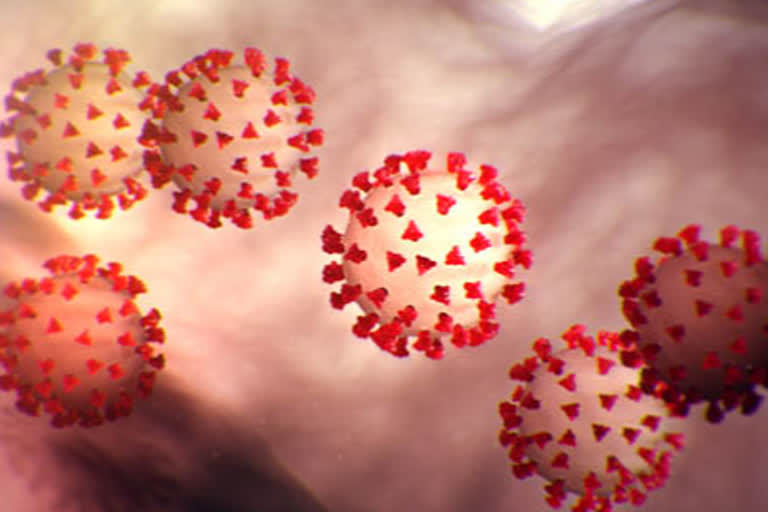New Delhi: Researchers have found coronavirus in Petropus and Rousettus species of bats, which are found in different states across the country, an Indian Council of Medical Research (ICMR) study revealed on Monday.
The revelation could be a major breakthrough when scientist across the globe are trying hard to know the roots of COVID-19 pandemic.
Bats are considered to be the natural reservoir for many viruses, of which some are potential human pathogens.
In India, an association of Pteropus medius bat with the Nipah virus was reported in the past.
"It is expected that the recently emerged severe acute respiratory syndrome coronavirus 2 (SARS-CoV-2) also has its association with bats. To assess the presence of CoV in bats, we performed identification and characterization of bat (BtCoV) in Pteropus medius and Rousettus species from representatives state in India, collected during 2018-19," the study revealed.
Bat samples from the seven states ( Kerala, Karnataka, Chandigarh, Gujarat, Odisha, Punjab and Telangana) were screened, and the rectal swab (RS) specimen of eight Rousettus species of bats and 21 Petropus species of bats were found positive for CoV RNA dependent RNA polymerase (RdRp) gene. Among these, by Sanger sequencing, partial RdRp sequence could be retrieved from three Rousettus and eight Petropus bat specimens.
"Phylogenetic analysis of the partial RdRp region demonstrated distinct sub-clustering of the BtCoV sequence retrieved from these Rousettus and Petropus bats. NGS led to the recovery of four sequence covering approximately 94.3 percent of the whole genome of the BtCoV from Rousettus bats. Three BtCoV sequences had 93.69 percent identity to CoV BtRt-BetaCoV/GX2018. The fourth BtCoV sequence was 96.8 percent identical to BtCoV HKU9-1," the study further revealed.
The study concluded that it was a step towards understanding the CoV circulation in Indian bats. Detection and potentially pathogenic CoVs in Indian bats stresses the need for enhanced screening for novel virus in them.
"One health approach with collaborative activities by the animal health and human health sectors in these surveillance activities shall be of use to public health. This would help in the development of diagnostic assays for novel viruses with outbreak potential and be useful in disease interventions. Proactive surveillance remains crucial for identifying the emerging novel viruses with epidemic potential and measures for risk mitigation," the study said.
Also read: Noida: Two coronavirus patients who were discharged, readmitted in hospital



